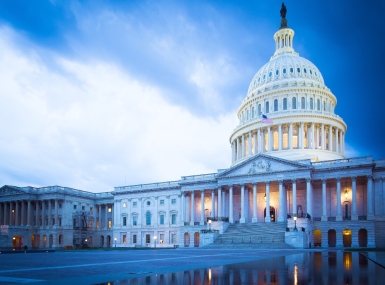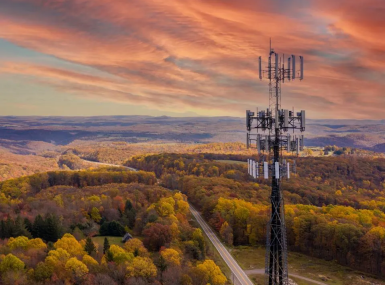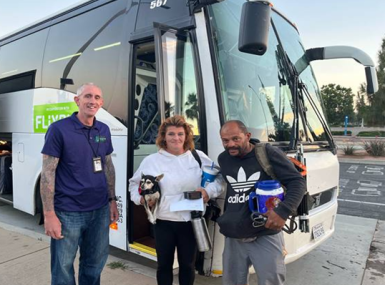FCC opens comment period for Affordable Connectivity Program established under IIJA
Author

Seamus Dowdall
Upcoming Events
Related News

Key Takeaways
On November 18, the Federal Communications Commission (FCC) issued a request for public comment on the implementation of the Affordable Connectivity Program (ACP). Enacted under the recently signed Infrastructure Investment and Jobs Act (IIJA), the ACP extends and modifies the Emergency Broadband Benefit (EBB) program, which Congress previously established to provide financial support for low-income households to acquire and maintain broadband services and certain connective devices during the COVID-19 pandemic. Funded at $14.2 billion, the ACP also includes broadband consumer protection programs and the establishment of a study on digital discrimination.
The ACP makes a few important modifications to the existing EBB program, which are set to take effect on December 31, 2021, though impacted households will have a 60-day transition period during which their current benefit will remain unchanged. These include:
- The maximum monthly benefit changes from $50 per month to $30 per month for households not located on qualifying Tribal lands. The monthly benefit will remain at $75 per month for households on qualifying Tribal lands
- Households have new ways to qualify for the ACP, such as receiving Special Supplemental Nutrition Program for Women, Infants, and Children (WIC) benefits or having an income at or below 200% of the Federal Poverty Guidelines
- Households that qualified for the Emergency Broadband Benefit due to a substantial loss of income from job loss or furlough since February 29, 2020, or who met the eligibility criteria for a participating provider's COVID-19 program will need to requalify for the ACP
The ACP also directs FCC to publish guidance on the development and display of Broadband Consumer Labels that disclose information about broadband internet access service plans. The ACP additionally includes a digital discrimination clause under, which states that the FCC has two years to issue guidance facilitating and modeling state and local best practices for equitable internet access.
Counties support the permanent establishment of a broadband affordability program, as well as support expanded access to high-speed internet access in underserved and unserved communities. To share more information with your residents with regards to the updated ACP or to submit comments, please click here.
The FCC’s Wireline Protection Bureau is currently conducting a public comment period for the ACP, and the period is open from November 18 to December 8. NACo is reviewing the program and encourages counties to reach out with any questions or concerns.
Resource
Outreach Toolkit for Counties: The FCC’s Affordable Connectivity Program












